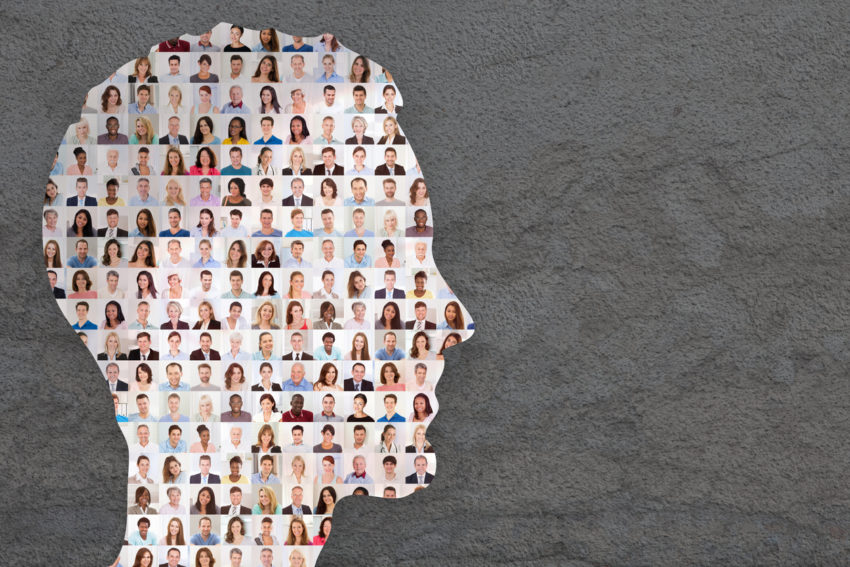
Share On Social!
Many people think they harbor no bias toward other people. Or they believe they know their biases and don’t act on them.
But everyone has implicit bias.
Implicit biases are stereotypes that affect our actions and decisions about others, beyond our conscious control. Fortunately, these biases also can be “rewired” toward more compassion for others.
Download the free Salud America! Action Pack “Find Out If You Have Implicit Bias and What to Do Next.”
This Action Pack will help you see if you have implicit bias, learn from others who have overcome their own implicit bias, and also encourage others to learn about implicit bias, too.
Dr. Amelie G. Ramirez, director of Salud America! at UT Health San Antonio, created this Action Pack.
With the Action Pack, you can:
- Take an “Implicit Association Test (IAT)” to Identify Implicit Bias. Harvard University and other researchers created the IAT in 1998. It aims to identify implicit bias by measuring the strength of the association between concepts (i.e., race or ethnicity, thinness or fatness) and attributes (i.e., good, bad).
- Evaluate Your IAT Results on Implicit Bias. To help you better understand your IAT results, read a fact sheet from the Kirwan Institute at The Ohio State University. Then learn from others who have overcome implicit bias to help others.
- Encourage a Friend or Loved One to Take the IAT. Spread the word about the need to identify and also address implicit bias.
“Intervention programs are starting to arise with an aim to address implicit biases toward more compassion and understanding for the impoverished and people of color. This could help lead to more equitable distribution of resources and access to health and wealth opportunity,” according to a Salud America! research review on social cohesion and implicit bias.
Explore More:
Increasing RecognitionBy The Numbers
3
Big Excuses
people use to justify discriminatory behavior



